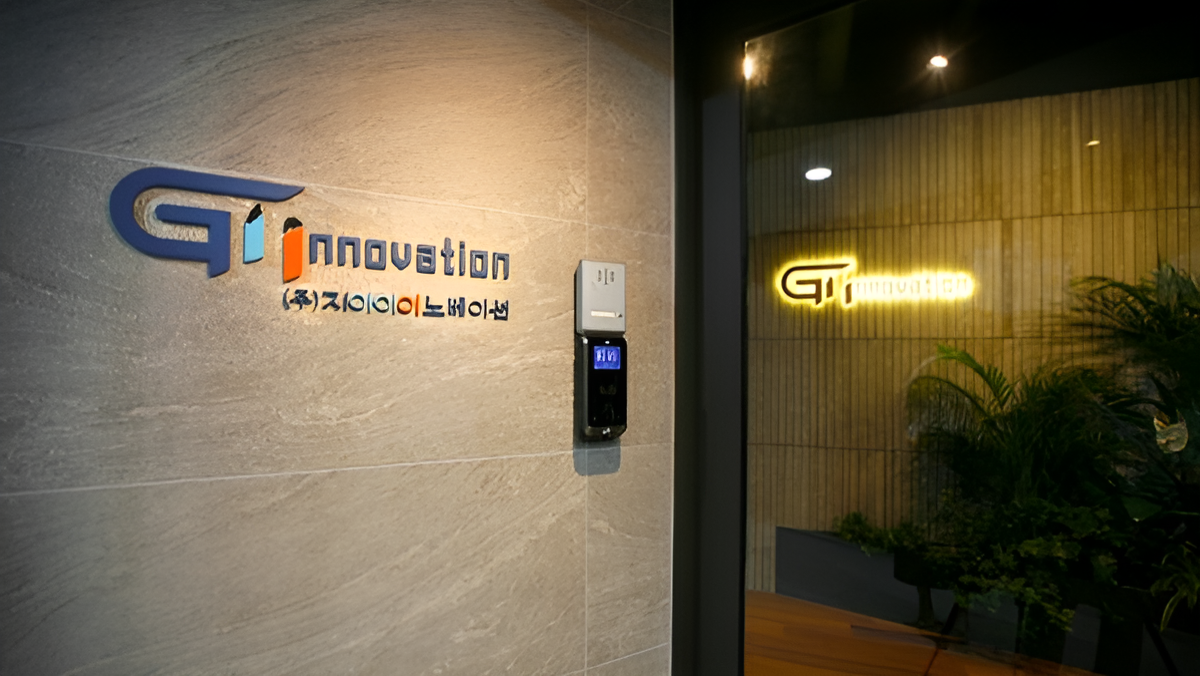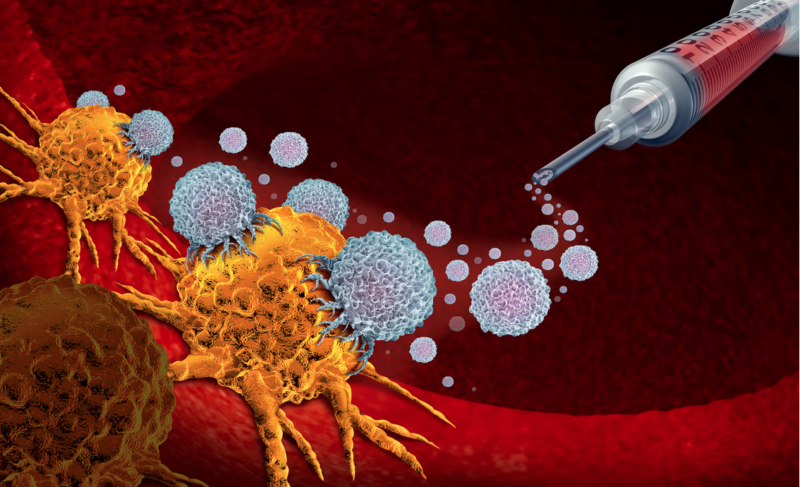GI Innovation announced on December 23 the successful completion of the first patient dosing in the Phase 1 clinical trial of the subcutaneous (SC) formulation of its immuno-oncology drug “GI-102”.
The GI-102 subcutaneous injection clinical trial is being conducted at 14 medical institutions, including the Mayo Clinic, Cleveland Clinic, Memorial Sloan Kettering Cancer Center, Samsung Medical Center, Asan Medical Center, Seoul National University Hospital, Yonsei University Severance Hospital, and St. Vincent’s Hospital.




